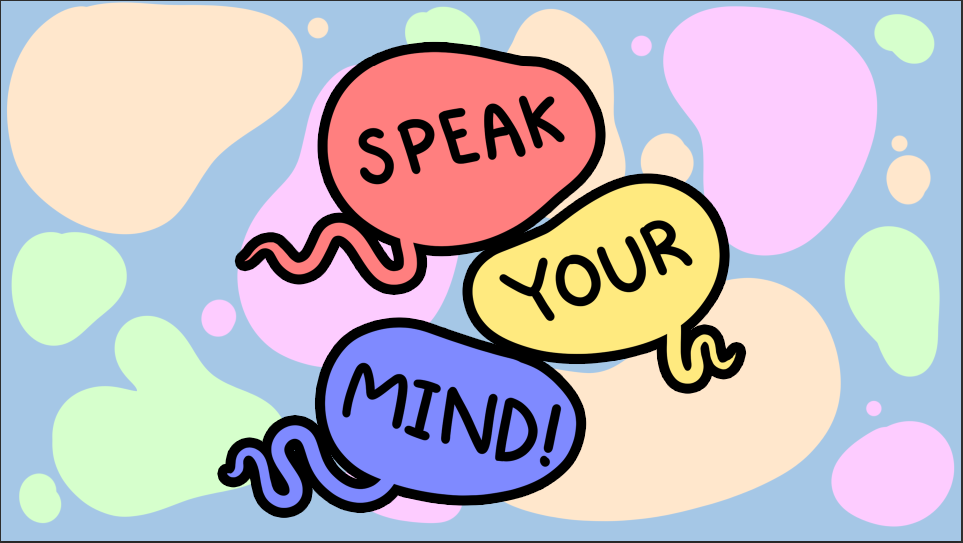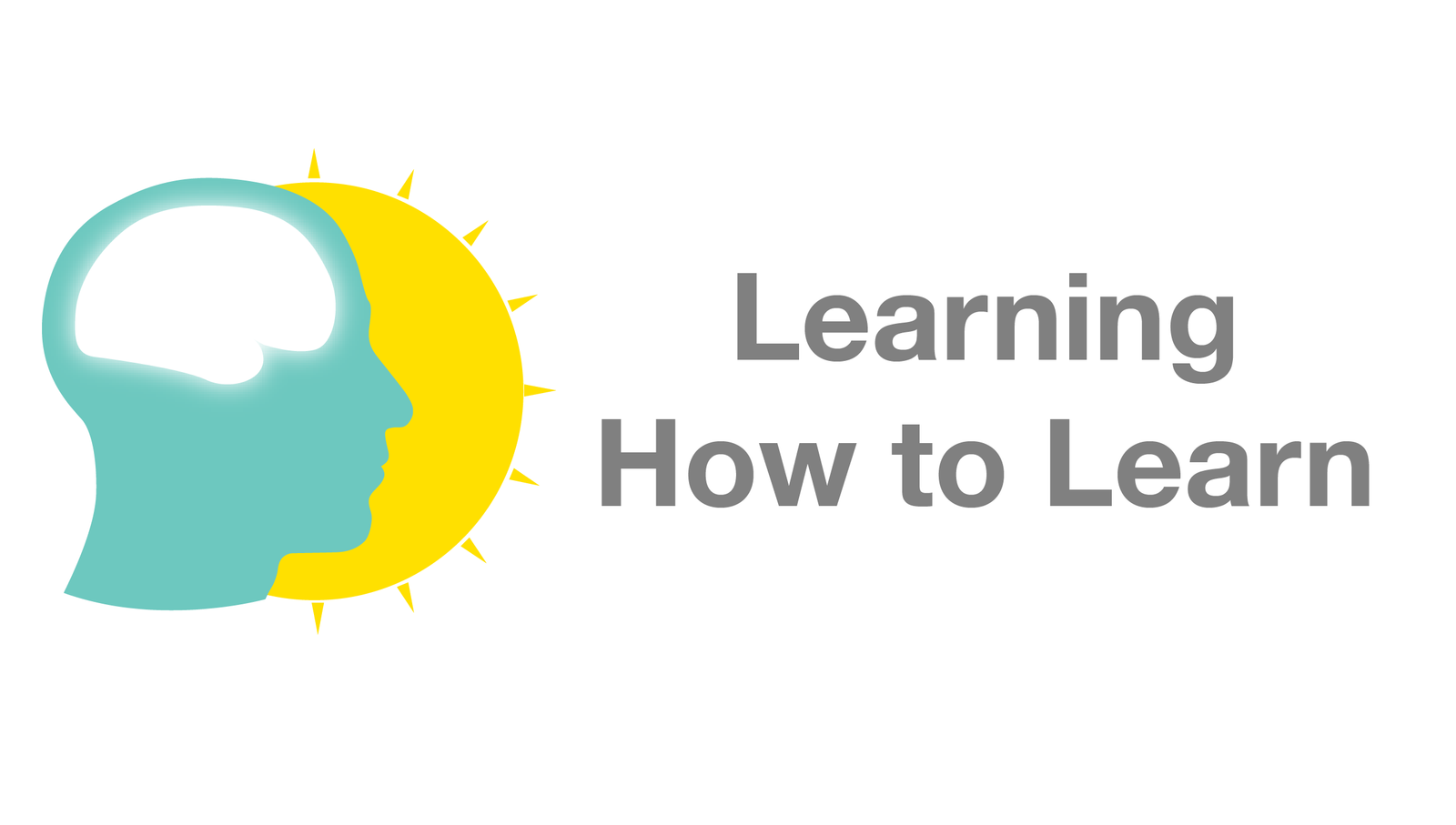In an age where information is abundant and readily accessible, the ability to learn efficiently has become more valuable than ever. Learning how to learn is a crucial skill that empowers you to acquire new knowledge and skills rapidly, adapt to changing environments, and achieve personal and professional growth. This blog post delves into effective strategies for mastering the art of learning, emphasising the importance of focus, identifying and improving weak areas, testing yourself, seeking feedback, and developing a deep understanding of the material.
The Importance of Focus: Eliminating Distractions
Focus is the cornerstone of effective learning. In a world filled with constant distractions—social media notifications, emails, and the endless scroll of the internet—maintaining concentration can be challenging. However, to absorb and retain new information, it’s essential to create an environment conducive to learning.
Designate a Study Space: Choose a quiet, comfortable place where you can work without interruptions.
Example: If you’re learning a new language, find a quiet room, turn off your phone, and immerse yourself in vocabulary and grammar exercises without external disturbances.
Set Specific Goals: Clearly define what you want to achieve in each study session.
Example: Instead of a vague goal like “study maths,” set a specific target such as “understand and practise solving quadratic equations.”
Use Time Management Techniques: Methods like the Pomodoro Technique can help maintain focus by breaking study time into manageable intervals with short breaks.
Example: Study for 25 minutes, take a 5-minute break, and repeat. This helps keep your mind fresh and attentive.
Active Practice: Doing the Thing You Want to Be Good At
To become proficient in any skill, practical application is essential. Passive learning methods like reading or watching tutorials are helpful but insufficient on their own.
Engage in Active Learning: Involve yourself directly in the activity you wish to master.
Example: If you’re learning to code, write actual programs rather than just reading code written by others.
Apply Knowledge in Real Situations: Use what you’ve learned in practical contexts to reinforce your understanding.
Example: After learning about photography techniques, go out and take photos, experimenting with different settings and compositions.
Embrace Challenges: Tackle tasks that push your boundaries to accelerate growth.
Example: If you’re comfortable playing simple songs on the guitar, attempt a more complex piece to develop your skills further.

Identifying and Strengthening Weaknesses
It’s natural to gravitate towards activities we’re good at because it feels rewarding. However, focusing on your weak points is crucial for comprehensive improvement.
Self-Assessment: Regularly evaluate your skills to identify areas needing improvement.
Example: If you’re learning a new language and struggle with listening comprehension, acknowledge this and seek resources to address it.
Create a Balanced Study Plan: Allocate time to both strengths and weaknesses, with extra emphasis on the latter.
Example: If you’re confident in writing but weak in speaking a language, dedicate more time to conversational practice.
Seek Resources and Support: Use books, online courses, or tutors specialised in the areas you find challenging.
Example: Enrol in a workshop focused on public speaking to overcome anxiety and improve presentation skills.
Testing Yourself and Seeking Feedback
Testing is a powerful tool for reinforcing learning and assessing your understanding.
Regular Quizzes and Practice Tests: These help consolidate memory and highlight areas that need more attention.
Example: Use flashcards or apps like Anki for spaced repetition learning when studying medical terms.
Real-World Application: Apply your knowledge in practical scenarios to test its effectiveness.
Example: If you’re learning digital marketing strategies, try running a small campaign to see how well you can implement what you’ve learned.
Seek Constructive Feedback: Feedback from others provides new perspectives and identifies blind spots.
Example: Share your artwork with a mentor or join a critique group to gain insights into how you can improve.
Deep Understanding Over Rooted Memorisation
Memorising facts isn’t enough; developing a deep understanding of the subject matter leads to better retention and the ability to apply knowledge flexibly.
Ask ‘Why’ and ‘How’ Questions: Delve deeper into the reasoning behind concepts.
Example: Instead of just memorising mathematical formulas, understand why they work and how they’re derived.
Teach Others: Explaining concepts to someone else is a powerful way to solidify your understanding.
Example: Start a study group where you take turns teaching topics to each other.
Connect Ideas: Relate new information to what you already know to build a cohesive knowledge network.
Example: When learning about historical events, consider their impact on modern society and how they relate to current events.
Additional Strategies for Effective Learning
Embrace a Growth Mindset
Believe in Your Ability to Improve: Adopting a growth mindset fosters resilience and a willingness to tackle challenges.
Example: View setbacks as opportunities to learn rather than as failures.
Utilise Various Learning Modalities
Engage Multiple Senses: Combine visual, auditory, and kinaesthetic learning methods to enhance retention.
Example: When studying anatomy, use diagrams (visual), listen to lectures (auditory), and model structures with clay (kinaesthetic).
Establish a Routine
Consistent Habits: Regular study times and routines help reinforce discipline and make learning a natural part of your day.
Example: Dedicate an hour each morning to reading and summarising key points from professional journals.
Take Care of Your Well-being
Healthy Body, Healthy Mind: Adequate sleep, nutrition, and exercise significantly impact your ability to learn.
Example: Incorporate short physical activities or mindfulness exercises during breaks to rejuvenate your mind.
Set Realistic Goals and Track Progress
SMART Goals: Ensure your objectives are Specific, Measurable, Achievable, Relevant, and Time-bound.
Example: “Increase my typing speed from 50 to 70 words per minute within two months by practising 30 minutes daily.”
Reflect on Achievements: Regularly review what you’ve accomplished to stay motivated.
Example: Keep a learning journal to note milestones and reflect on how far you’ve come.
Learning how to learn is a transformative skill that extends beyond academic pursuits—it enriches every aspect of life. By focusing intensely, practising actively, targeting your weaknesses, testing yourself, seeking feedback, and striving for deep understanding, you can enhance your ability to acquire and retain knowledge effectively. Embrace the journey of learning with curiosity and dedication, and you’ll unlock new opportunities for personal and professional growth.








